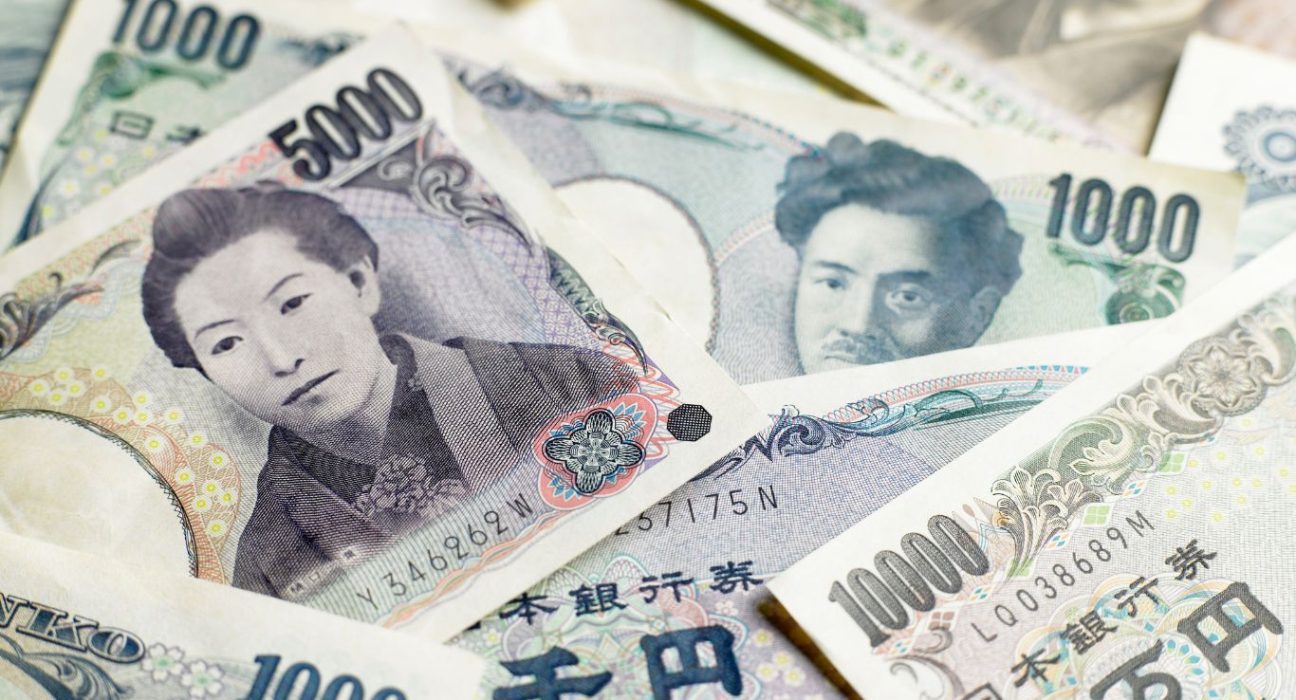The Japanese yen (JPY) is one of the most popular safe haven currencies in the world. It tends to appreciate when investors are worried about global economic and financial stability. But how can the yen remain strong even when the US banking system is under stress? This article will explain the reasons behind the yen’s resilience and the outlook for the currency in the future.
What is a safe haven currency?
A safe haven currency is a currency that investors buy when they want to reduce their exposure to riskier assets, such as stocks, commodities, or emerging market currencies. A safe haven currency usually has low inflation, stable political and financial institutions, and a large and liquid foreign exchange market. A safe haven currency also benefits from strong demand from domestic and foreign investors who use it as a store of value, a medium of exchange, or a reserve asset.
Why is the Japanese yen a safe haven currency?
The Japanese yen has several characteristics that make it a safe haven currency. First, Japan has a very stable political system and a well-regulated financial sector. Japan has not experienced any major political upheaval or banking crisis since the end of World War II. Japan also has strict rules on capital flows and foreign exchange intervention, which limit the volatility of the yen.
Second, Japan has a large and diversified economy that is less dependent on external demand than other countries. Japan is the third-largest economy in the world by nominal GDP and the fourth-largest by purchasing power parity. Japan has a strong manufacturing base, a high-tech sector, and a large domestic market. Japan also has a positive current account balance, which means that it exports more than it imports. This gives Japan a steady source of foreign exchange income and reduces its vulnerability to external shocks.
Third, Japan has a huge amount of foreign assets that provide a buffer against financial stress. Japan is the largest creditor nation in the world, with net foreign assets of about $3 trillion as of 2020. Japan’s foreign assets include government bonds, corporate bonds, equities, and direct investments in other countries. Japan can use these assets to support its currency or its economy in times of crisis.
How does the US banking crisis affect the Japanese yen?
The US banking system is facing a crisis due to rising defaults on loans, especially in the real estate sector. The US Federal Reserve has raised its interest rate several times this year to curb inflation and prevent a credit crunch. However, higher interest rates also increase the cost of borrowing and servicing debt for households and businesses. This could lead to more loan losses and bankruptcies for banks and other financial institutions.
The US banking crisis could have negative spillover effects on the global economy and financial markets. The US dollar could weaken as investors lose confidence in the US financial system and seek safer alternatives. The US stock market could also decline as corporate earnings and consumer spending suffer from higher interest rates and lower credit availability.
The Japanese yen could benefit from the US banking crisis in two ways. First, the yen could appreciate as investors sell their US dollar-denominated assets and buy yen-denominated assets. The yen could also attract more demand from Japanese investors who repatriate their foreign earnings or reduce their exposure to risky assets abroad.
Second, the yen could appreciate as investors perceive Japan as a safer destination than other countries that are more exposed to the US banking crisis. For example, some emerging market currencies could depreciate as their economies suffer from lower exports, capital outflows, or higher inflation due to weaker currencies. Some European currencies could also depreciate as their banking systems face similar challenges as the US banking system.
What is the outlook for the Japanese yen?
The outlook for the Japanese yen depends on several factors, such as:
– The severity and duration of the US banking crisis
– The policy responses from the US Federal Reserve and other central banks
– The economic performance and inflation expectations of Japan and other countries
– The geopolitical risks and uncertainties in the world
In general, if the US banking crisis worsens or lasts longer than expected, the Japanese yen could appreciate further as a safe haven currency. However, if the US banking crisis is contained or resolved quickly, or if other countries show stronger economic growth and stability than Japan, the Japanese yen could depreciate or lose its safe haven appeal.










